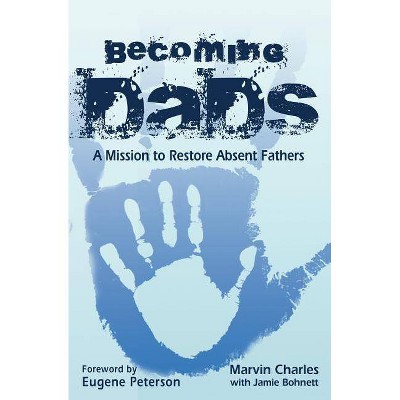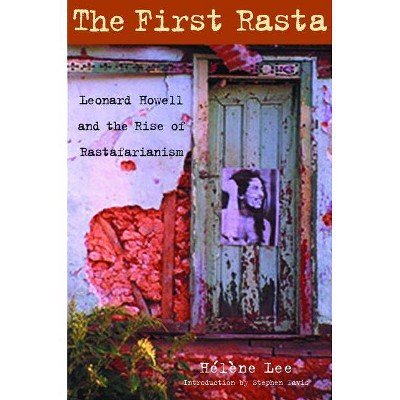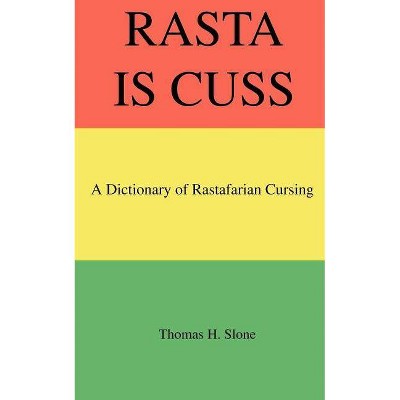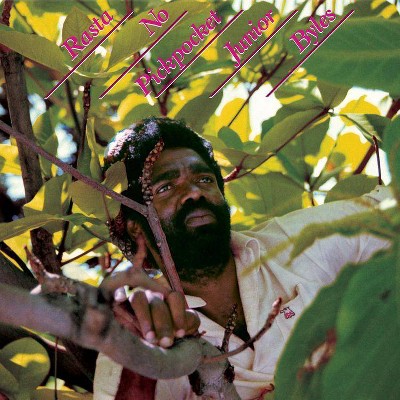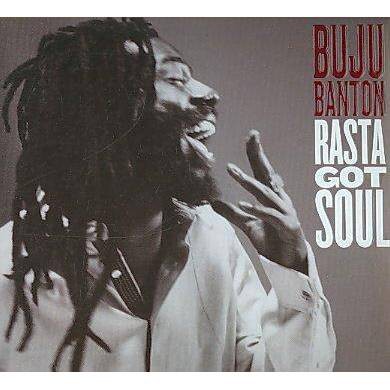Becoming Rasta - by Charles Price (Paperback)
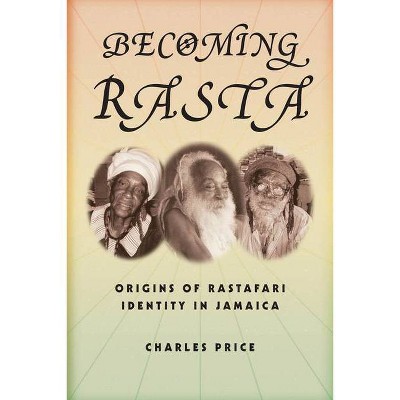
Similar Products
Products of same category from the store
AllProduct info
<p/><br></br><p><b> Book Synopsis </b></p></br></br><p><b>An exploration into why and how Jamaicans become Rastafari in spite of increasing incrimination of the religion</b> <p/>So much has been written about the Rastafari, yet we know so little about why and how people join the Rastafari movement. Although popular understandings evoke images of dreadlocks, reggae, and marijuana, Rastafarians were persecuted in their country, becoming a people seeking social justice. Yet new adherents continued to convert to Rastafari despite facing adverse reactions from their fellow citizens and from their British rulers. <p/>Charles Price draws on in-depth interviews to reveal the personal experiences of those who adopted the religion in the 1950s to 1970s, one generation past the movement's emergence. By talking with these Rastafari elders, he seeks to understand why and how Jamaicans became Rastafari in spite of rampant discrimination, and what sustains them in their faith and identity. <p/>Utilizing new conceptual frameworks, Price explores the identity development of Rastafari, demonstrating how shifts in the movement's identity--from social pariah to exemplar of Blackness--have led some of the elder Rastafari to adopt, embrace, and internalize Rastafari and blackness as central to their concept of self.</p><p/><br></br><p><b> Review Quotes </b></p></br></br><br>A cutting edge exploration of the complex process of black identity transformation, Becoming Rasta also brings us emotionally closer to the diverse individuals who share their life stories with the reader.--Serena Nanda, author of Neither Man Nor Woman: The Hijras of India<br><br>A refreshingly non-<i>otherizing</i> take on the establishment of the character of the Rastafari worldview.-- "New West Indian Guide"<br><br>Anthropologist Price unites the personal and the social in his exploration of identity formation among Rastafarians in Jamaica, where the Rastafari religion originated in 1930. . .This well-written, sophisticated, and continuously engaging account belongs in all libraries.-- "Choice"<br><br>Becoming Rasta is a testament to the lived experience of Rastas, from their first encounters with Rastafari, through conversion, to commitment. It deserves both a scholarly and a general readership.--Hugh Hodges "Nova Religio"<br><br>Becoming Rasta will therefore interest scholars of black identity and add to the already huge literature on Rastafari.--Barry Chevannes "History of Religions"<br><br>In an otherwise voluminous literature on Rastafaria, Price fills a void by presenting and critically analyzing the testimonies of Rastafarian men and women that narrate how they discovered, why they entered, and how they sustained membership in the culture, resistance, and theater that is Rastafaria. This book is one of the most important additions to the discourse on the Rastafarian movement to appear in years. Price reveals himself to be both a skilled cultural anthropologist and superb storyteller; the volume reads as much like a piece of literature as social scientific treatise.--William E. Cross, Jr., author of Shades of Black: Diversity in African American Identity<br><br>One can recommend this accessible book for undergraduate and graduate surveys in twentieth-century Caribbean history as well as for similar classes dealing with the formation of racial identities.--Charles H. Ford "Historian"<br><br>Price deploys his life history material most artfully in developing these themes. I have not done justice to his theoretical sophistication and synthesizing abilities, qualities enhanced by accessibility and grace.-- "Anthropology News"<br><br>Price succeeds at exposing the Rastafarian diversity...[he] challenges the readers 'to realize these men and women have at least the courage of their conviction.--Michael D. Royster "Equinox Online"<br><br>Price's work is a significant addition to scholarly work on Rastifari, offering a unique initial foray into discussion of why Rastafari remains such a powerful identity while also presenting an important illustration of the process of transformation of Rastafari identity.--Erin Macleod "Social Anthropology"<br><p/><br></br><p><b> About the Author </b></p></br></br><b>Charles Price</b> is Associate Professor in the College of Education and Human Development at Temple University. His research, writing, and related activities focus on identity (racial personal-individual, collective), life narrative genres, action research, community organizations, and social movements, with a geographic concentration on the United States and Jamaica. Charles is the author of <i>Becoming Rasta: The Origins of Rastafari Identity in Jamaica</i> and co-author of <i>Community Collaborations: Promoting Community Organizing</i>, and various journal articles and book chapters.
Price History
Price Archive shows prices from various stores, lets you see history and find the cheapest. There is no actual sale on the website. For all support, inquiry and suggestion messagescommunication@pricearchive.us
